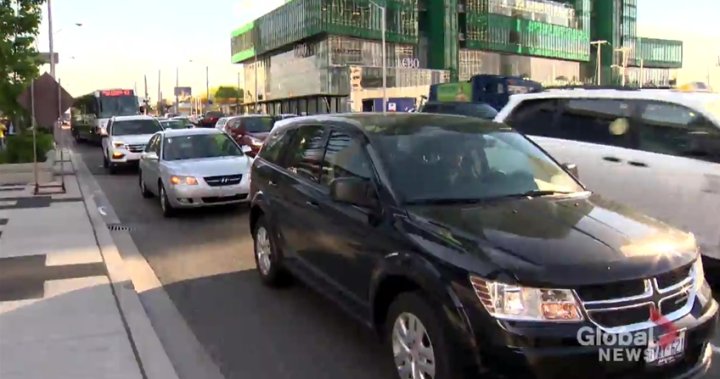GO electrification is a bad idea. This is because the concept of GO Transit as a whole is obsolete. It is no secret that self driving cars are close to being ready for deployment. Self driving cars will disrupt the transport market and eliminate the need for transit as we know it. GO Transit will be the hardest hit. Why would you take the train to Toronto when you could hail a ride in a driverless car for cheaper and arrive sooner? The benefits that self driving cars bring, including a reduction in congestion, increase in road throughput and improvement in general mobility make investing in transit a fool's errand.
You can model this.
Start with a software implementation of the ETCS (European Train Control System). You only need to worry about the moving block envelope since in the model you can assume perfect safety and perfect communication. You can even use a standard train acceleration/stopping curve since we manufacture trains for human comfort rather than being limited by technology. After that, apply it to a grid of 2 lane streets which would represent downtown traffic. I think you'll find most streets are not nearly as inefficient as you speculate. Capacity boosts are going to improve mostly due to rule adherence (not blocking intersections on a red light) rather than tighter tolerances.
Reducing tolerances in highway driving will require substantial overhaul of vehicle ownership and maintenance. You cannot have 10 vehicle trains on the highway relying on a private maintenance efforts. This really only happens with single fleet ownership; so Hertz cars might form trains and Google cars might form trains but you'll not see a mix of Hertz and Google cars in the same train until Government implements frequent (think airplanes) mandatory inspection/maintenance of vehicles. The liability in those situations is crazy in a crash.
Those videos with dots rushing past each-other through lights without stopping only work if you assume zero risk of component failure. Add in safety tolerances (see automated train and automated flight systems for examples) and you get a very different picture.
Also, electrification of vehicles in general is going to change the roadway maintenance model. Government fee by distance is a very likely implementation in the future; and you can assume some time-of-day congestion component will rapidly be standardized in most world cities. So, sending your vehicle home for the day isn't going to be a free trip; potentially far from it.
By far the most likely long-term implementation of self-driving vehicles is going to be the last mile. High capacity trunk lines (GO trains have 10x automated highway capacity at 2 minute frequencies simply due to tighter people packing) will have more value than ever.
Musk's tunnel solution looks great until you realize he achieved the low price point by eliminating difficult bits like emergency exits; that's only legal with extremely low capacities like 10 people per tunnel at a time.
It would be better to take the money spent studying and constructing GO electrification and invest it in Waymo to ensure early access to the technology.
Canada Pension Plan is one of the primary investors in Waymo, second to Google IIRC.





